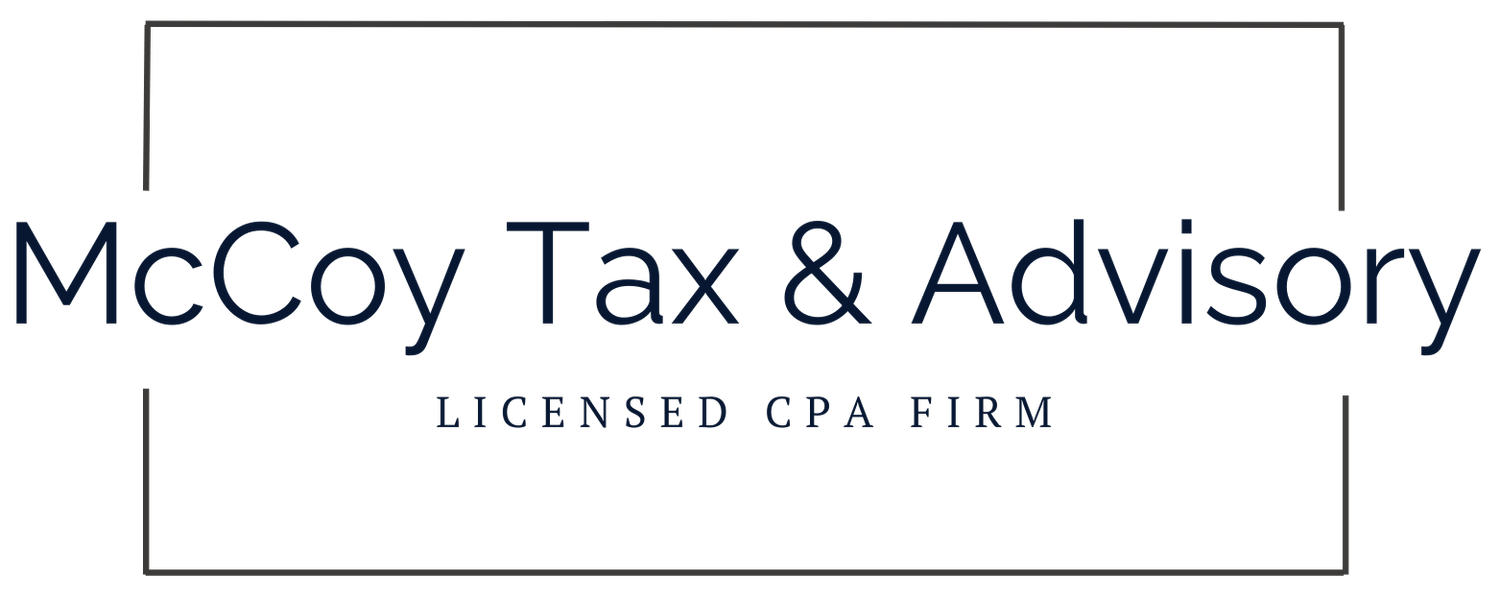Key Tax Deadlines to Know
While April 15, 2025, is often considered "tax day," there are several important tax deadlines throughout the year based on your business structure.
If you need more time to file, you can request an extension until April 15, 2025. However, keep in mind that this extension only applies to filing—not to payment. You’re still required to pay any taxes owed by the April 15 deadline.
Even if you're unable to pay the full amount, it’s in your best interest to file on time. The penalty for not filing is 5% of the unpaid amount per month, whereas the penalty for late payment is significantly lower, at just 0.5% per month.
When is Tax Day?
The "tax season" spans from January to April, with the main deadline—often called "tax day"—typically falling on April 15. However, if this date lands on a holiday or weekend, the deadline moves to the next business day. In 2025, tax day falls on April 15. This is when individuals, sole proprietors, and C corporations must file their returns.
If your fiscal year doesn't align with the calendar year, your deadline may differ depending on your business type and fiscal year-end.
What is the Deadline for Tax Payments?
Even if you successfully obtain an extension to file, your payment deadlines remain the same. The penalty for late payment is 0.5% of what’s owed each month, compared to 5% for filing late. So, even if you're not ready to pay in full, it’s beneficial to submit your return on time.
If you’re mailing your return, it will be considered timely if it’s postmarked correctly, with enough postage, and mailed before the end of business hours on your filing deadline. Alternatively, you can electronically file (e-file) until midnight on the deadline.
If you're self-employed, your tax payments are likely spread throughout the year via estimated tax payments. These payments act as prepayments for your income and self-employment taxes (like Social Security and Medicare). The due dates for 2025 estimated payments are April 15, June 16, September 15, and January 15, 2026.
What’s the Deadline for 2025 Tax Extensions?
You can file for an extension up until tax day. For individuals, this means extensions can be submitted by April 15, 2025. The same applies to businesses: S corps and partnerships can file for extensions by March 17, while C corps have until April 15 to do so.
2025 Tax Deadlines
Here’s a breakdown of key tax deadlines for 2025. For more detailed information, check out our specialized guides on LLC and S corporation deadlines.
- January 15, 2025: Last 2024 estimated quarterly tax payment is due. You can skip this payment if you file your 2024 return by January 31 and pay any remaining balance.
- January 31, 2025: Deadline to file Form W-2 for employees, and Form 1099-NEC for contractors.
- February 28, 2025: Deadline for filing Form 1099-MISC by paper. If filing electronically, the deadline is March 31.
- March 17, 2025: S corporation and partnership tax returns are due. Extensions must also be filed by this date.
- April 15, 2025: First estimated tax payment due, along with individual, sole proprietor, and C corporation tax returns. Extensions must also be submitted by this date.
- June 16, 2025: Second quarterly estimated tax payment is due.
- September 15, 2025: Third quarterly estimated tax payment is due. If you filed for an extension, S corporation and partnership returns are due today.
- October 15, 2025: Extended individual, sole proprietorship, and C corporation returns are due.
End-of-Year Tax Moves
By December 31, 2024, take any final actions to reduce your taxable income for the year. If you're self-employed, this is also the last day to establish a solo 401(k).
When Can I Start Filing for 2025?
The IRS usually begins accepting returns in mid to late January. If you're working with a tax professional, it's wise to start early, as tax services get busier as the deadline approaches.
